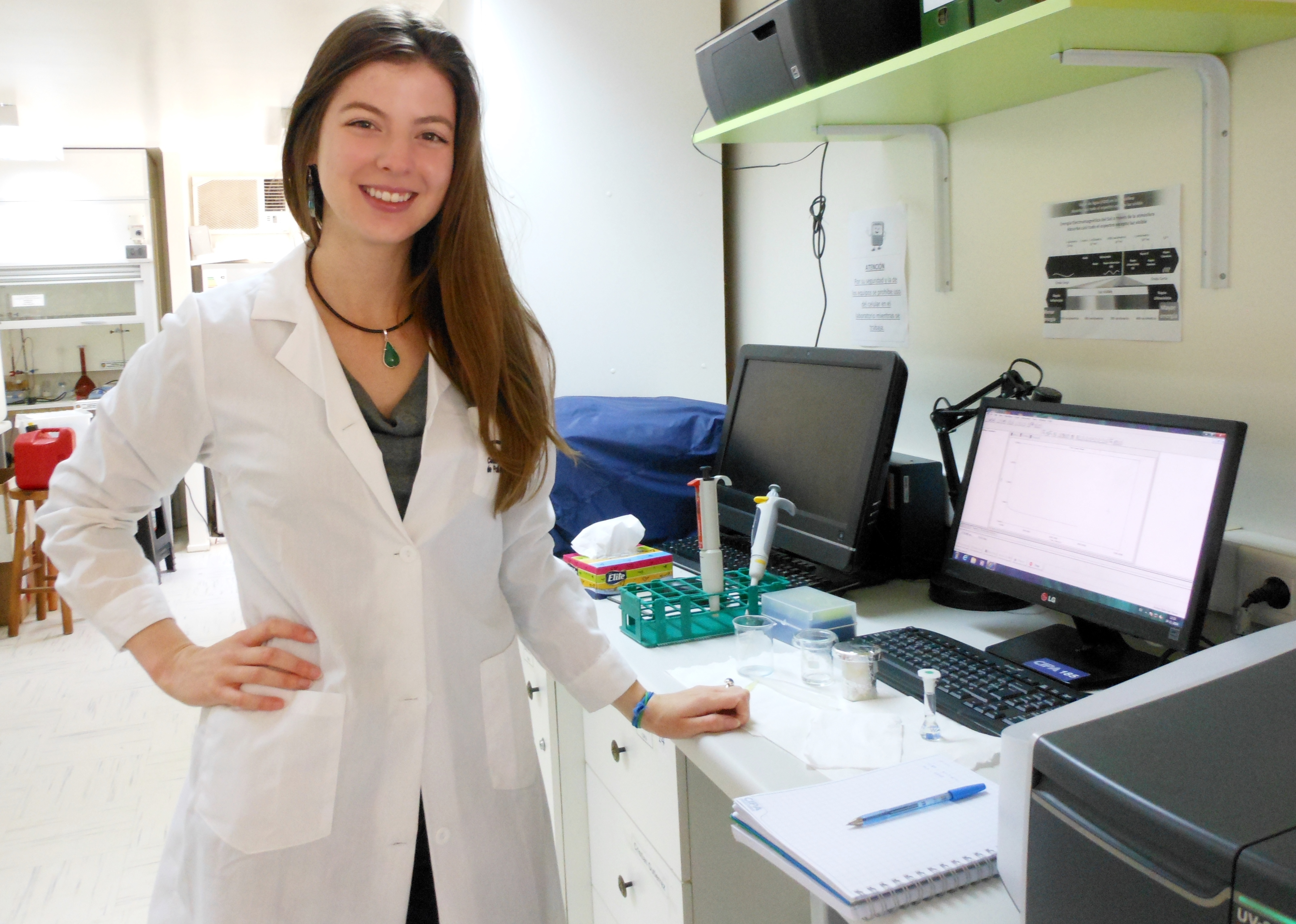I stepped into Kingston, Jamaica after a rigorous bout in the concrete jungle of New York City. I was completely thrown. I’d never inhabited a place where I was caught in so much earth. Mountains stretched above me on every horizon, and the roads were lined with greenery so vivid I swore I was awash in a painting.
As I grew to know the country better, I became more aware of the stark mix of prosperity and poverty in Kingston. The dichotomy is aggravated because of Kingston’s size. In this tiny urban sphere, I witnessed the most intense economic disparity on a daily basis.
My project was to study the use of theater as a vehicle for social empowerment and inter- and intra-community peace building. Alongside my independent research, I worked with a phenomenal theater collective called SISTREN. SISTREN was born in the infant climate of “democratic socialism” of the late 1970’s. It originated in the thick of a political system that supported grassroots movements and rediscovered the voice and power of the working class. For years, SISTREN was able to produce edgy, provocative theater that challenged conventional notions of “women.” Given the innumerable twists and turns of the Jamaican political climate, SISTREN has struggled and succeeded in the many years since its founding. My work with them focused on program outreach.
With the aid of the vibrant founders of SISTREN (who often fly about the main office screeching American oldies at the top of their lungs), I worked in the poorest parts of Kingston. I spent most of my time as a director of a women’s drama group in a community called Hannah Town. The Hannah Town women were, invariably, a combative, lively bunch. Most rehearsals had moments of violent outbursts, either verbal or physical in nature, which became easier to mitigate with time. Ironically, their real fire came out in those performance moments.
I remember my first street theater performance with them quite vividly. They stepped out of bounds of their enclave to an adjacent ghetto, clad in costumes that were bright and revealing. Despite the decades of conflict between the two ghettos and the innumerable lives lost on both sides, they performed on the opposing ghetto’s raw streets. In those minutes, their passion and love of the craft became truly apparent. The response was unbelievable. The opposing ghetto thronged the pseudo-stage and cried praise throughout. At the end, both communities came together to discuss the piece’s social import and share dinner. It was a profound moment.
Since then, they performed on many other streets, for the Prime Minister, the leader of the opposition party, and have many performances to come. Alongside Hannah Town, I attempted to start up similar theater groups in other Kingston ghettos, and implement literacy projects with members of the collectives. My time as a Fulbrighter, which continues to live on with me, was momentous.


No Comments